Share
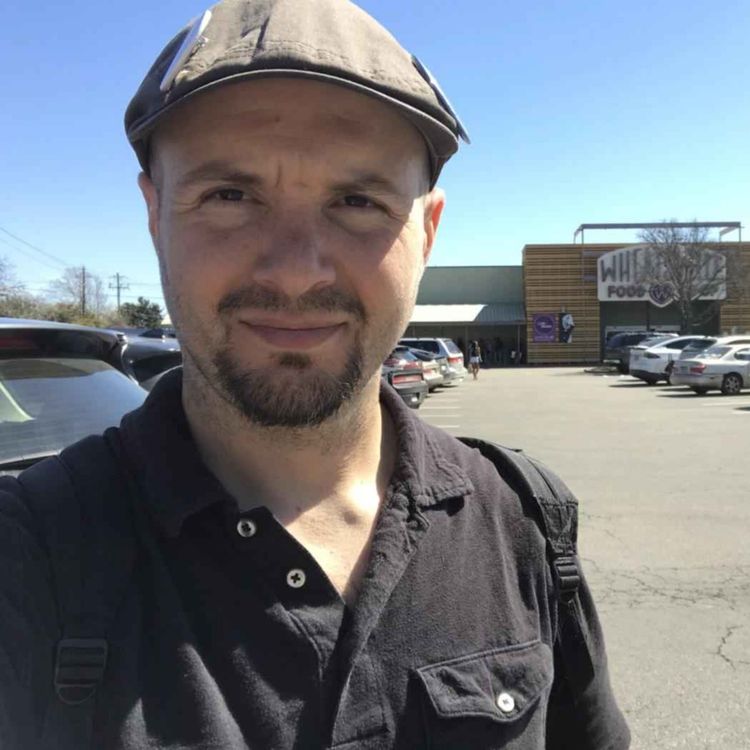
Farm to Taber
Deep dive: food distribution with Errol Schweizer
There's a saying in food justice: "There's plenty of food to feed everyone! The problem is distribution."
But when we talk about reforming the food system, farms get all the spotlight. We rarely focus on distribution- even though we know it's the key to solving hunger. How does food get from the farm to people? Who decides where crops should go? Wow do those decisions trickle down to the place where most Americans get their food- retail grocery stores?
Errol Schweizer joins the pod to talk food systems, reform, and how some of the most lauded food reformers in America missed their goals by ignoring nuts-and-bolts distribution issues. If you like nerdy deep dives into topics that don't normally get much attention, this episode is for you! This interview is a two-part series. The second half releases on Farm to Taber's Patreon later this month.
Errol Schweizer writes and podcasts about food systems, based on over 20 years in food handling and distribution.
More episodes
View all episodes
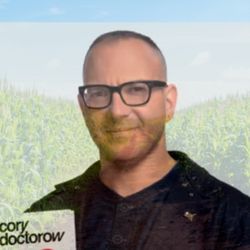
18. DIY isn't enough: systematic change with Cory Doctorow
55:57||Season 4, Ep. 18This episode, Cory Doctorow comes on to talk about how profits are political: individualistic DIY solutions aren't enough, and it takes large-scale political changes to level the playing field. We talk about how rank-and-file people can mobilize to advocate for ourselves, even when we're up against food and tech giants that seem unbeatable. • Mentioned in the episode:Ben Barnes, Shawnee historian and elected tribal leaderNaomi Wu's recent silencing by the Chinese government: her announcement on Twitter and an explainer • TranscriptAdditional bonus reading: Accounting for Slavery by Dr. Caitlin Rosenthal goes into depth on how much of modern business/industrial management practice comes from the methods originally developed to supervise enslaved people on plantations.
17. Food logistics for the people! Pt. 2 of interview with Errol Schweizer [TRAILER]
08:45||Season 4, Ep. 17Here's the rest of the interview with Errol Shweizer! You can listen to the whole episode on Patreon. Transcript for the trailer.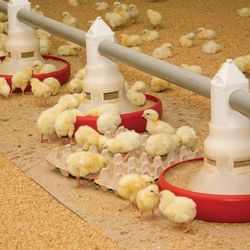
15. Bonus episode: Chicken farming & money [TRAILER]
15:51||Season 4, Ep. 15This is a short clip of a bonus episode for Patreon followers. Subscribe to Farm to Taber on Patreon for the full episode!• Today we talk contract broiler farming! This is the type of farming famous for "giant barns full of chickens that the farmers don't own." If you've ever wondered why farmers would keep farming in a way that "everyone just knows" makes them poor, this episode digs into why!Joining us today is @Woofpickler- farm kid, ag business owner, & former combine tech. We'll have a good time pulling some themes out of the contract broiler business and tying them into the ag sector at large.Trailer transcriptInfo sources we use for this episode:2018 sociology thesis on broiler farmingUSDA report on broiler farmer finances: the source for the finance data used in this podcast. USDA doesn't do deep dives on broiler farm finances very often; changes since the data were collected are addressed in the episode.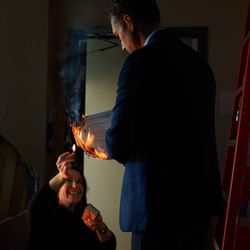
14. Ag & tech workplace culture with the Nightingales
01:28:23||Season 4, Ep. 14I ran into the Nightingales a few years ago on Twitter. They've spent years working to make jobs more humane (and even succeeding!) It quickly became clear that we're running into a lot of the same workplace problems in our respective industries. But how? I'm in agriculture, and they're in tech! What's going on? We talk about how sucky jobs in any industry are a choice, making them not suck is a process, and what that process looks like.TranscriptLinks:Dr. Zeynep Ton's book "The Good Jobs Strategy"The World's Best NewsletterNightingales on social media:LinkedIn: Melissa, JohnathanTwitter (RIP): Johnathan, Melissa
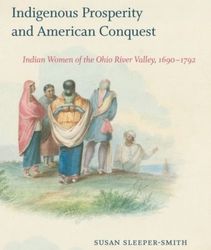
12. Indigenous food systems of the Midwest: interview with Dr. Susan Sleeper-Smith
01:17:59||Season 4, Ep. 12When sustainability advocates talk about Indigenous agriculture, it's often framed as folksy, timeless, hyperlocal, and incompatible with the modern world. Nothing could be further from the truth!Historian Susan Sleeper-Smith joins us to talk about the reality of how the Miami, Shawnee, Haudenosaunee, and other Indigenous communities in North America's most fertile farmland actually farmed. They grew enough food to export and support continent-wide trade networks, before and after colonists arrived. Farming prowess also let tribal communities hold their own against colonial expansion for centuries. Indigenous land management deserves respect, not just for ecological reasons, but as a powerhouse for people- making good use of human labor and building strong communities wherever it's allowed to flourish.Transcript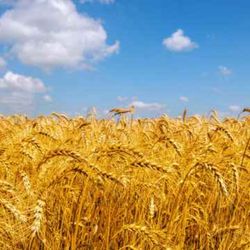
11. GRAAAAINS pt. 2 [TRAILER]
06:28||Season 4, Ep. 11F2T is on a mission to prove that the global grain trade is super interesting actually. This episode features grain futures, and bugs! Wall Street! How the grain trade gave birth to both laissez-faire economics and the French Revolution!Full episode is available on Patreon: https://www.patreon.com/farmtotaberTranscript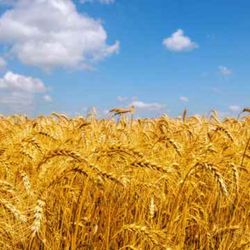
10. How Do Grains? pt. 1
42:58||Season 4, Ep. 10In this episode, Maria joins us to talk about what really happened in the 2022 panic over food supplies. We're gonna debunk food supply myths that actually make food insecurity worse, and we're gonna make grain futures and crop yield data FUN.Transcript